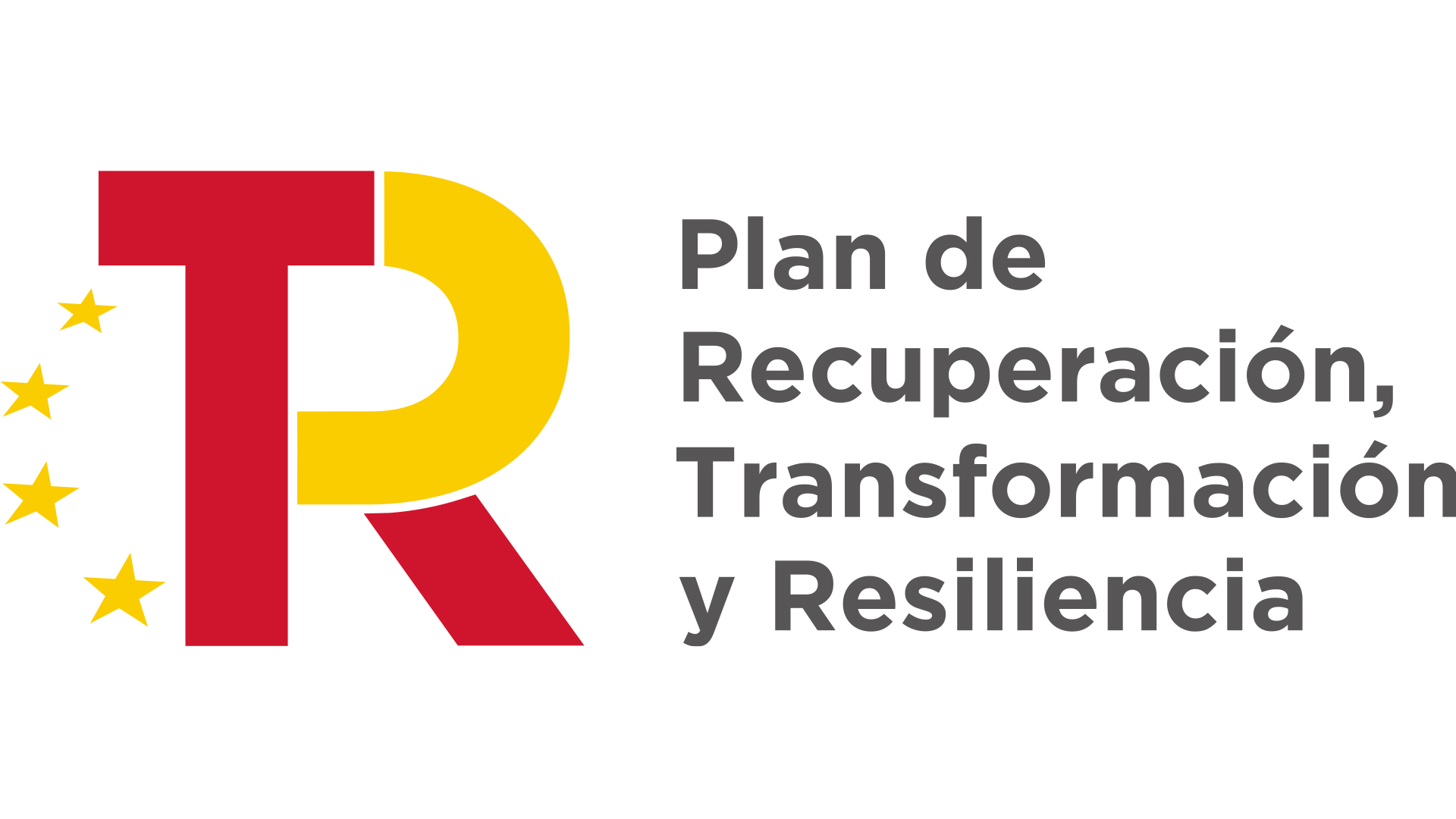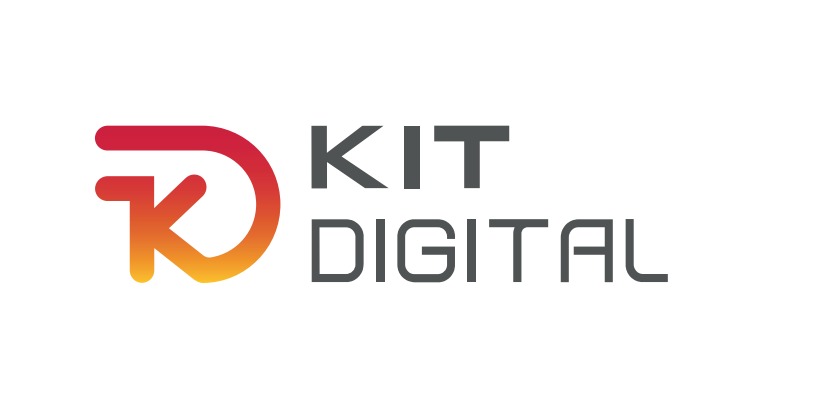Hello! If you are here, it is probably because you are pregnant, have recently had a baby or are thinking about becoming a mother or father soon and are looking for the best for your baby.
As mammals, it is natural for our species to offer our baby our mother's breast when it is born. This is what the baby and the mother's body biologically expect. There are few cases in which a mother cannot breastfeed and a baby cannot feed from its mother's breast, so if breastfeeding is what you want and are willing to do, I strongly encourage you to do so!
My Commitment to Breastfeeding
We know that the World Health Organization (WHO) promotes breastfeeding as the only form of feeding during the first 6 months, and accompanied by complementary feeding until 2 years.
As a health professional, it is my responsibility to show you the importance and benefits of feeding your baby exclusively breastfed and to continuously train myself to help you and your baby to successfully breastfeed and overcome any difficulties you may encounter along the way. Please do not hesitate to contact me for information and/or to resolve any questions!
Below I will explain the importance and benefits of breastfeeding for the baby, the mother, society and the environment.
Benefits of breastfeeding for your baby
- Protects against Sudden Infant Death Syndrome (SIDS).
- Ensures physical contact that helps babies feel more secure, warm and comforted. It encourages attachment. Breast milk, thanks to its hormonal components, also contributes positively to emotional and social development. Breastfeeding is associated with a better social situation in adulthood.
- Provides immune protection, defending against respiratory infections, otitis, gastrointestinal infections, urinary infections and meningitis. Breast milk transmits immunoglobulins IgG, IgM, IgA, lactoferrin, lysozymes, phagocytes and living cells with immunological information. In addition, it also has microbiota that regulates the growth of bacteria in the baby's intestine, protecting it against infections.
- Helps better digestion thanks to components that are easily digestible by the newborn's immature digestive system. Breastfed babies experience fewer episodes of diarrhea and/or constipation.
- Promotes better development of orofacial function, as well as the modelling of the bones of the face.
- Promotes better dental development and protects against cavities.
- It promotes neurological development and cognitive ability.
- Reduces the risk of diseases such as asthma, diabetes, inflammatory bowel disease, obesity, high blood pressure and hypercholesterolemia.
- Promotes self-regulation in food intake, since babies who are breastfed directly tend to self-regulate better than those who consume bottles with infant formula (these tend to take more than the amount they need).
- Protects against lymphomas and other types of cancer.
- Protects against necrotizing enterocolitis of prematurity (NEC).
- Reduces infant mortality and the incidence of infections in infants who are exclusively breastfed (EBF) from 0 to 6 months.
- Reduces morbidity in breastfed babies.
- Transfers flavors from the maternal diet, influencing food acceptance in childhood.
- Represents optimal nutrition during early childhood due to its unique composition, which varies and adapts to the needs of babies and children at each stage.
Importance and Benefits of Breastfeeding for Breastfeeding Women
- Prevents postpartum hemorrhages: The baby's sucking helps the uterus return to its original size, reducing the possibility of anemia.
- Promotes recovery of pre-pregnancy weight: Contributes to postpartum weight loss.
- Provides emotional well-being: Prevents postpartum depression and provides a unique opportunity for mother-child emotional bonding.
- Reduces the risk of breast and ovarian cancer
- Improves bone health when reaching menopause: Improves the calcium content of bones during menopause.
- Constant availability of breast milk: No preparation, shopping or heating required. It is always ready to drink, making the process easier for the mother and family.
- Facilitates maternal sleep and maternal rest: Prolactin, in addition to stimulating milk production, has a relaxing effect on the mother and induces sleep.
- Delays ovulation: Although it is not an individually effective contraceptive method, it significantly helps to space pregnancies. It should be noted that it is not considered a natural contraceptive method if breastfeeding is not exclusive and frequent.
Benefits of breastfeeding in a Socio-environmental way
- It's free: Obtaining it does not entail any economic costs.
- Reduction of medical expenses: By reducing breastfeeding, infections and the incidence of diseases are reduced, which leads to lower medical expenses. This is due to fewer visits to the health professional, resulting in lower financial investment and less need to buy medicines.
- Environmental sustainability of breast milk: Breast milk is a natural resource that does not pollute and contributes to the protection of the environment. By not generating waste, avoiding the need for packaging and not requiring special treatments that consume energy in its production, CO2 emissions are also minimized. (4,700 liters of water are needed to produce 1 kg of infant formula)
My support as a pediatric physiotherapist
As a physical therapist and a mother, I am here to support you on your breastfeeding journey. If you have questions or are facing challenges, please do not hesitate to contact me. Together we can ensure that this experience is as rewarding and beneficial as possible for you and your baby.



